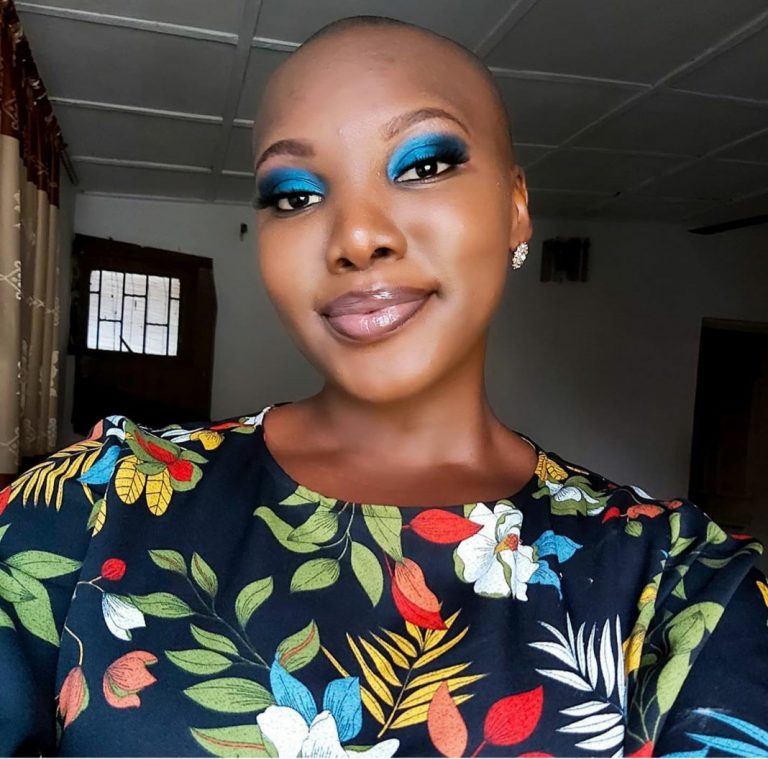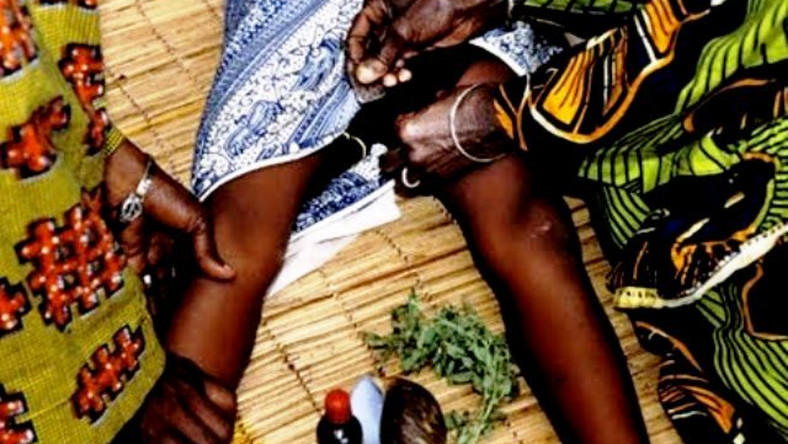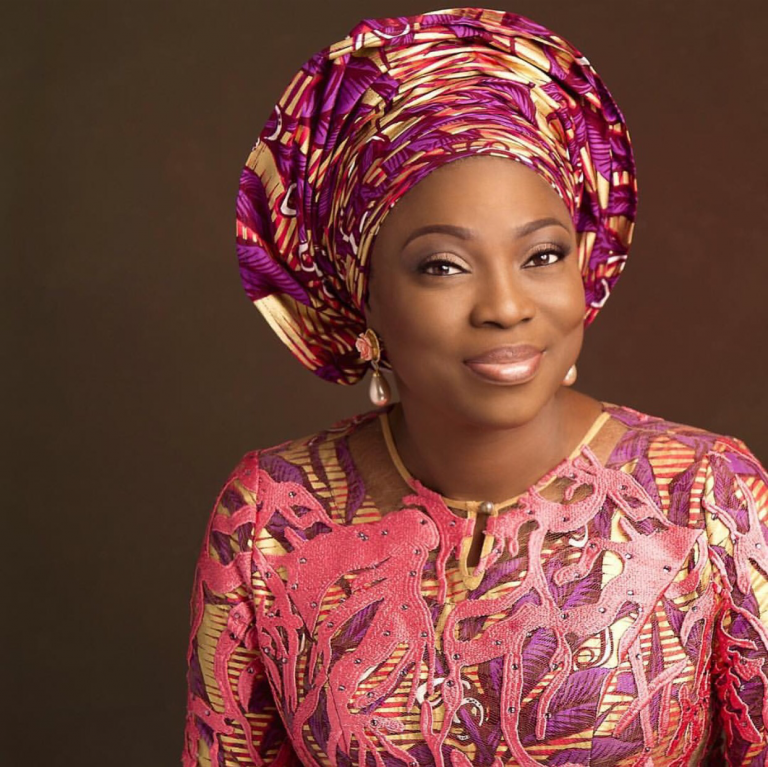The BBC video of the – Money wives- a practice where young girls are sold to men to repay debts- shows a man who owns a money wife saying that they bring the girls to them; some as young as 6, and if she’s up to 10 she’s ready product because she can carry out domestic chores.
A woman there said she had to sell two of her grand-daughters because she needed money for some cleansing ritual. Another lady recounts how 2 men and a woman held her down for her money husband to violate her at a very tender age. The child right advocate spoke of how it’s seen as a status symbol- the accumulation of money wives indicate wealth.
To me repaying debts as little as N 10, 000 with a child indicates two things
- Poverty
- The commodification of the girl- child.
Those two root causes bleed into each other, so if we tackle one without the other, we will fail.
I believe there are many ways to solve a problem- In addition to fighting for children to be seen as humans and protected, I say we must also FOCUS on making sure that women are not financially dis-empowered, that they become vulnerable and seek out harmful solutions for their predicament.
The child right activist tells us that the practice is illegal and punishable since 2009, but until now- the practice continues. Ask yourself why? If we enforce the child rights act and not tackle the other driving factor – POVERTY– people will continue the practice but do it discreetly.
If we also believe that the goal should solely be to fight the men involved in the practice- we will fail before we begin- because it’s not a man vs woman problem. Both genders are complicit in this practice.
We can and should tackle curative measures – punishment for people involved in this practice but more importantly we must put preventive measures in place. That is how they eliminate any epidemic- STOP new cases and MANAGE old cases.
Let us start fighting this by reducing the poverty level- Someone who will sell her daughter for N 10, 000 will sell her son to the highest bidder – often for labor. We know that parents are already offering their kids to city men and women for them to “train” in exchange for shelter or education (that sadly many do not receive).
Research has shown that the educational attainment of young Muslim women is closely linked with their country’s level of economic output.
When we hear of people giving their children for marriage in the North- it’s so easy to think they hate the girls but I tell you, some people do it out of two things- Greed & Love.
They honestly believe that their daughters stand a better chance of having a better life with the rich old man – even when their actions prove otherwise- to them that’s the only logical and attainable escape route for their girls.
Sometimes, we human right activists NEED to listen to the people- DON’T ASSUME, DON’T PROJECT- Listen to UNDERSTAND, to EMPATHIZE and then show COMPASSION.
This is a different point but a little example to explain why it’s important to listen.
Female Genital Mutilation!
When we discuss it, we talk about it only from the angle of abuse and a way to control a woman’s sexuality but if you do your research, you will see that many mothers continue to ensure their daughters are cut so they won’t be regarded as outcasts in their community. This means that even if a mother doesn’t want her daughter to be cut, she still feels compelled because she wants to protect her child from discrimination.
We need to study and learn from the community to understand how they perceive their situation before developing programs and enforcing our solutions!
How then do you tackle this? It can’t be only from criminalizing the practice- You will need a system reform! A natural social change in the community- Break down the systems that contribute to the maintenance of the practice and make the community realize the dangers of that practice that they start to reject it collectively.
For example, organizing women meetings to discuss it- that way the woman who doesn’t want her child to be cut but is too scared to rebuke it will realize that she’s probably not alone – That way it’s easier to rebuke the practice.
But what if some women say- it’s our culture! It’s our rite of passage into womanhood! Now you see that they hold sentimental value to the practice- This is where you suggest an alternative rite of passage.
In Kenya, Alternative rite of passage could end FGM FOREVER! Many NGOs have developed their own model that doesn’t involve cutting- for example, the organization; S.A.F.E. creates this by replacing the cutting for the practice of pouring milk on their things, to symbolize womanhood.
Between 2010- 2017, 30% of girls in the Maasai community in the Loita hills underwent this alternative rite of passage plus the ceremony to celebrate the passage.

FGM Graduation ceremonies in Mara region
We need to study and learn from the community to understand how they perceive their situation before developing programs and enforcing our solutions!







